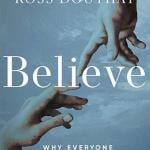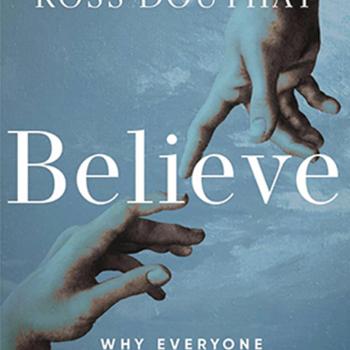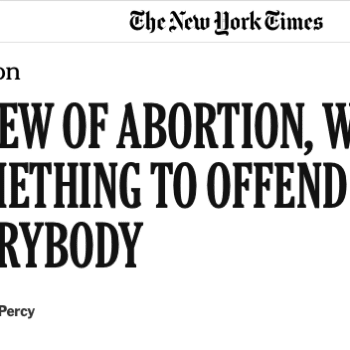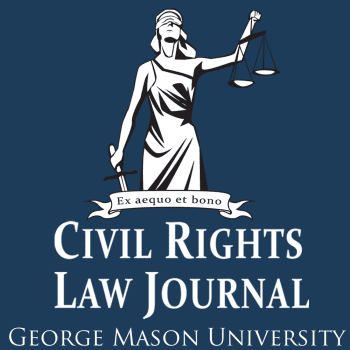Since the U.S. Supreme Court’s overturning of Roe v. Wade in Dobbs v. Jackson Women’s Health Organization (2022), scholars who support abortion rights have defended different ways to ground a constitutional right to abortion. Some have argued for a religious liberty angle. In a just-published article I co-authored with Australian legal scholar, Alex Deagon, we offer a detailed critique of this approach. Appearing in the Baylor Law Review (76 [Fall 2024]: 511-574), it is entitled, “Religious Freedom and Abortion: Why State-Imposed Abortion Restrictions Do Not Breach The First Amendment.” Here is an abstract of the article:
In the aftermath of the Dobbs decision, which has resulted in some states imposing legal restrictions on abortion, some have contended that these restrictions may breach the First Amendment. Specifically, following the broader religion clause jurisprudence that has emerged from the Supreme Court over the past decade, it is claimed abortion restrictions may breach both the Establishment Clause (as the legal imposition of a religious policy) and the Free Exercise Clause (as the prohibition of a religious freedom to obtain an abortion). This article argues that it is unlikely the First Amendment is breached in either respect. Regarding establishment, a policy entailing restrictions on abortion may be supported by secular arguments, and so cannot be the legal imposition of a religious policy. Alternatively, a proper understanding of the principle of non-establishment permits religiously informed democratic perspectives as part of a genuinely pluralist polity. Regarding free exercise, a law restricting abortion has a rational basis and is neutral and generally applicable under the Smith standard, even bearing in mind the most recent free exercise jurisprudence. Alternatively, under a more exacting ‘strict scrutiny’ approach, it is admittedly possible that abortion restrictions may create a substantial burden. But even if a substantial burden is created, there is a compelling government interest: the preservation of actual or potential human life. Therefore, state-imposed abortion restrictions are unlikely to breach the First Amendment.
You can download the entirety of the article on my SSRN page.













